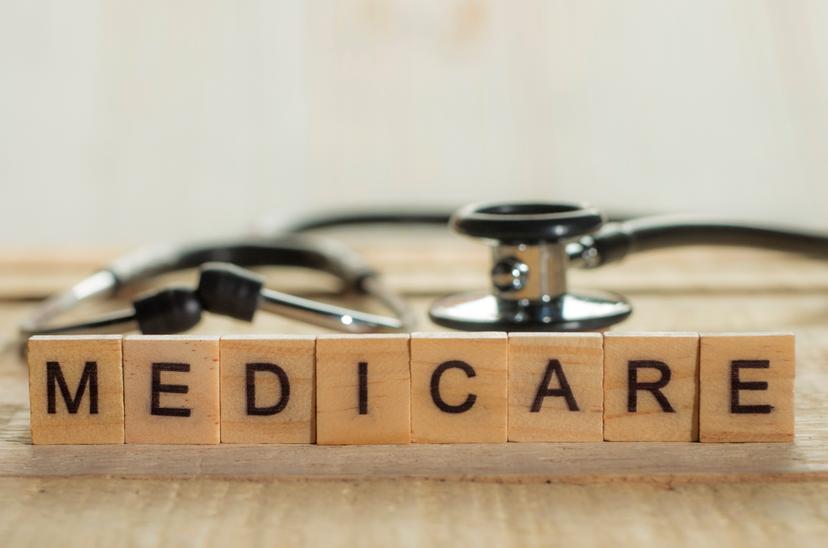Subscribe to our newsletter!
© 2026 InsideOut
InsideOut acknowledges the tradition of custodianship and law of the Country on which the University of Sydney and Charles Perkins Centre campus stands. We pay our respects to those who have cared and continue to care for Country. We are committed to diversifying research and eliminating inequities and discrimination in healthcare. We welcome all people regardless of age, gender, race, size, sexuality, language, socioeconomic status, location or ability.

Almost 30,000 care plans for eating disorder treatment have been accessed under changes to the Medicare Benefits Schedule (MBS) introduced in 2019, according to new research by InsideOut Institute.
Introduced in 2019 by the Federal Government, Eating Disorder Treatment and Management Plans (EDPs) are government–subsidised sessions via the Medicare system for community treatment of eating disorders of 20–60 sessions over approximately the same number of weeks, to better reflect evidence-based therapeutic protocols for this illness group.
Previously, access to mental health services for any person with a mental health condition was provided via the Better Access (to mental health) scheme which covered up to 10 rebated psychological sessions per year.
An analysis of item data extracted from the MBS database, undertaken by researchers from InsideOut Institute, shows that during the first 24 months of implementation of the scheme, 29 881 Eating Disorder Treatment and Management Plans (or care plans) were initiated, mostly by general practitioners with mental health training.
More than 265 000 psychotherapy and dietetic sessions were also provided, almost a third (29.1%) of which took place using Telehealth during the pandemic.
InsideOut Institute Director Sarah Maguire says this set of Medicare reforms drastically altered access to government-rebated private community care options for people with an eating disorder.
“Eating disorders are serious mental and physical illnesses that have among the highest mortality rates of all mental illnesses and carry significant economic cost to the community. Yet, if treated early with an evidence-based package, full remission is often realised,” said Associate Professor Maguire
“Aligning the community treatment rebates under MBS with the evidence has been a major breakthrough and seen thousands of people with eating disorders in every state and territory sign up for psychological and dietetic care through their GP.”
“GPs are central to the care provision and management of mental illness within our communities and need to be supported to do so.”
The study shows that the provision of COVID Telehealth services implemented in March 2020 was significant. Just over 17% of care plans processed and 29.1% of all eating disorder treatment services provided used a COVID Telehealth service/item number.
There was a peak of service provision at the height of regional lockdowns. Almost half (48.0%) of all COVID Telehealth services were provided in Victoria, the state most affected by regional lockdowns during the pandemic; 33.7% were delivered in NSW and 10.7% in Queensland.
A/Prof Maguire says the study shows uptake of the Medicare item for eating disorders was swift, and the item was used broadly throughout the pandemic.
“Other research by our team, and teams around the world, tells us there was a significant increase in eating disorder symptoms during COVID-19. Some services have reported up to a 400% increase in presentations and where possible the pivot to Telehealth service provision nationwide has been swift and sizeable.”
The study also shows that although the program offers up to 40 rebated psychological sessions, fewer than 6.5% of individuals completed their 20-session review under the scheme, a statistic which A/Prof Maguire says needs further examination.
“We need to understand whether or not people are in fact receiving access to the evidence-based package in full. A limitation of this study is that we did not have access to sessions claimed under the Better Access scheme, where it is known many people with eating disorders are treated. This means we cannot be sure of the exact number of psychological sessions provided to people over the time period under analysis.”
“For the more severe presentations it appears from this early data that few are claiming the evidence-based number of sessions under the scheme.”
A/Prof Maguire says while feedback from those with lived experience and experts has been overwhelmingly positive, the data shows that strategic adjustment may be needed, and further evaluation conducted to ensure that the reform achieves the best outcomes for patients and families, and its policy intent.
“This study highlights the need for an evaluation of person level linked data to find out if those the scheme is intended to help - people with moderate-severe eating disorders - are gaining access to a full dose of the evidence-based treatments, and if not, how we can improve this landmark program to ensure they do.”